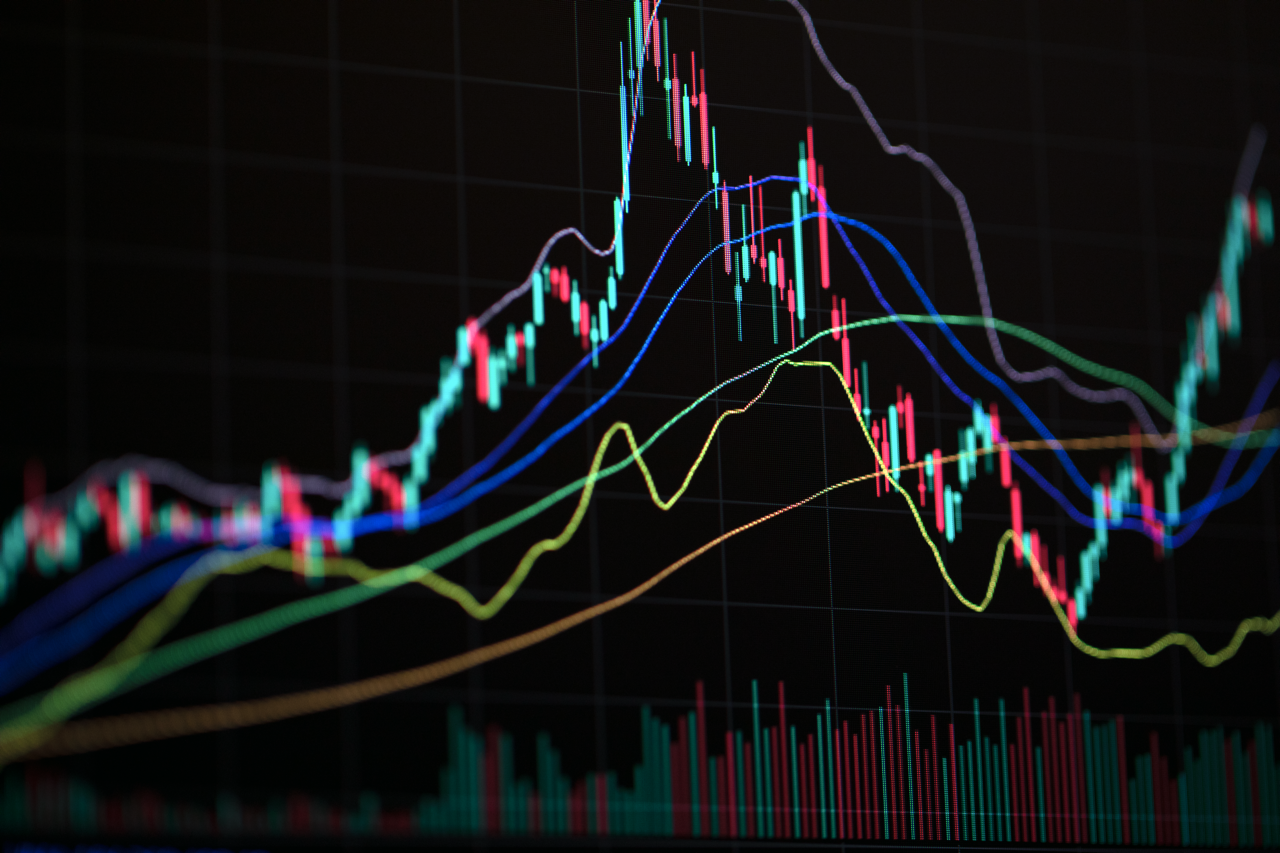Beware the Ides of March
Two weeks ago, on Monday March 9th, I ran into a colleague who said that the day had been the worst in his entire career.
The global oil sector had crashed by 18% in one day, with the likes of BP and Shell down by over 20%, after Saudi Arabia announced over the previous weekend that it was taking on Russia in an oil price war.
The oil price had collapsed to $30 per barrel from about $45 the previous Friday, a fall of 30%.
Well, I can add that the subsequent two weeks have been the worst in my entire investment experience.
We have just been through one of the worst stock market crashes in history, on a parallel with 1987, and even the Wall Street Crash of 1929.
The fall on Monday the 9th was followed by a 10% drop on Thursday the 12th, after President Trump announced a ban on air travel to the US, and then another 10% drop on Monday the 16th, on fears that the global authorities weren’t doing enough to arrest the imminent damage to the economy caused by fighting the Coronavirus epidemic.
The decline has quickly morphed into the fastest bear market in history, with all the graphs looking like a cliff edge, and almost no bounces or retracements on the way down. Some stocks have returned nearly to the levels they reached back in 2008 or 2009.
The need to impose lockdowns, quarantining and martial law in parts of Europe has obviously been the cause, with the harsh measures taken to protect health causing huge temporary short term damage to the economy.
The latest to recommend these measures was the UK, though we have not yet got to the stage of imposing curfews.
Europe is now the epicentre of the virus, an extraordinary turnaround from two months ago when China was the epicentre. New cases have dropped to almost zero in China, while cases in Western Europe are still growing exponentially.
As a result of all this, Capital Economics forecasts that the UK economy will drop 15% in the second quarter of this year, a massive decline never seen before in the modern economy (the worst quarterly decline during the great financial crisis, or GFC, was -3.2%).
Capital Economics forecast that global GDP will decline by -1% this year, twice as bad as the -0.5% fall seen during the GFC. This could be a tad on the pessimistic side if there is a pick up in the second half, and Goldman Sachs forecasts the global economy still growing in 2020 by 1%.
The sell-off has moved through successive asset classes in turn – first equities, then high yield bonds, property, and then investment grade bonds, gold, and even government bonds (other than the very highest quality), as cash was raised in margin calls or panic selling.
We may now be approaching a buying opportunity in stocks, though this will depend on the economy holding up after the initial Q2 hit, and on the Coronavirus cases plateauing over the summer. The past few days has suggested that markets feel the extraordinary government action taken – particularly in terms of fiscal policy and the massively increased levels of government spending – will be enough to stabilise things.
Crucially, though, the case for accumulating stocks will be most compelling for investors who have a sufficiently long term horizon, and who aren’t buying on margin, leverage, CFDs and so on.
The past month has been a shocking and salutary reminder that equities are a long term investment, and can underperform markedly in the short term.
Fast on the way down, slow on the way back up, as they say.
Disclaimer: The views thoughts and opinions expressed within this article are those of the author, and not those of any company within the Capital International Group (CIG) and as such are neither given nor endorsed by CIG. Information in this article does not constitute investment advice or an offer or an invitation by or on behalf of any company within the Capital International Group of companies to buy or sell any product or security.

















